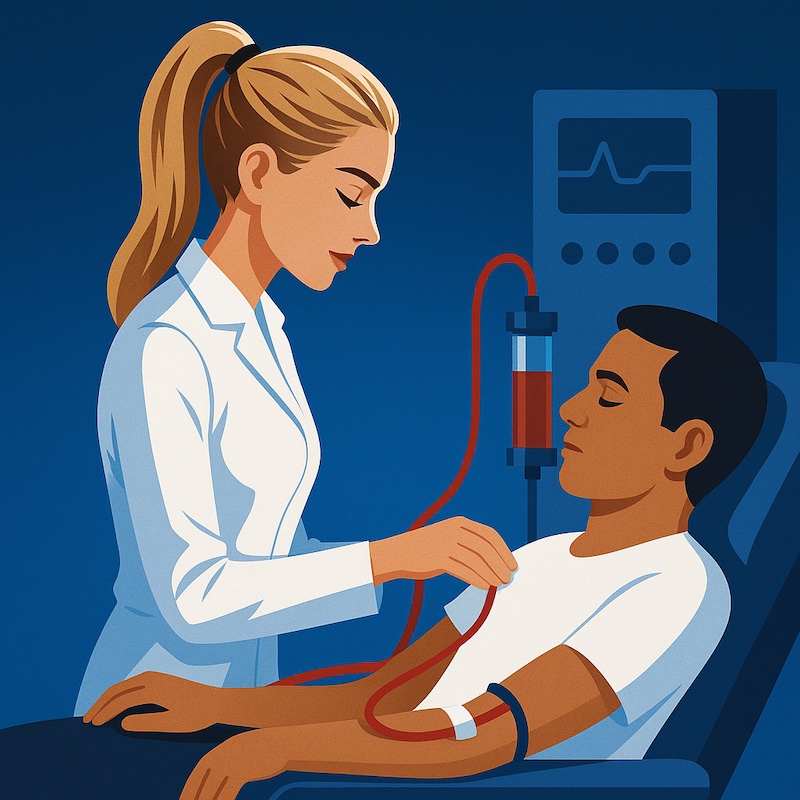The kidneys filter your blood by eliminating waste and extra fluid. When you urinate, this waste is transferred to your bladder and removed.
Dialysis replaces the function of the kidneys when they fail. End-stage renal failure occurs when the kidneys perform at only 10 to 15% of their typical function, according to the National Kidney Foundation.
Dialysis is a treatment that uses a machine to filter and purify blood. When your kidneys are unable to function properly, this helps to maintain fluid and electrolyte balance.
Dialysis has been used to treat persons with renal disorders since the 1940s.
Extra water, waste, and other pollutants are prevented from collecting in your body by properly functioning kidneys. They also aid in the regulation of blood pressure and the amounts of chemical components in the blood. Sodium and potassium are examples of these elements. Your kidneys even activate a type of vitamin D that promotes calcium absorption.
Dialysis can assist keep your body working properly when your kidneys are unable to execute these functions due to disease or injury. Without dialysis, salts and other waste products build up in the blood, poisoning the body and causing harm to other organs.
However, dialysis is not a cure for renal disease or other kidney disorders. To address those problems, other therapies may be required.
To learn more about dialysis and how it’s used for various kidney diseases read on.

